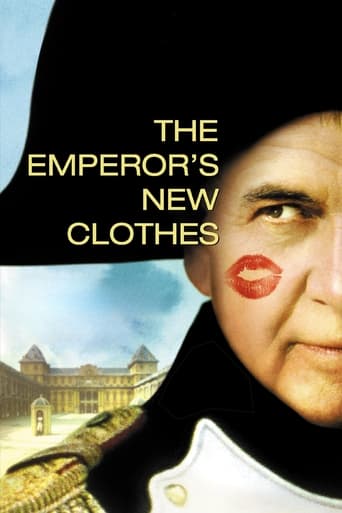
Simon Leys
Personal Info
Known For Writer
Gender Male
Birthday 1935-09-28
Deathday 2014-08-11 (78 years old)
Place of Birth Uccle, Bruxelles, Belgium
Also Known As Pierre Ryckmans
Simon Leys
Biography
Pierre Ryckmans (28 September 1935 – 11 August 2014), better known by his pen name Simon Leys, was a Belgian-Australian writer, essayist and literary critic, translator, art historian, sinologist, and university professor, who lived in Australia from 1970. His work particularly focused on the politics and traditional culture of China, calligraphy, French and English literature, the commercialization of universities, and nautical fiction. Through the publication of his trilogy Les Habits neufs du président Mao (1971), Ombres chinoises (1974) and Images brisées (1976), he was one of the first intellectuals to denounce the Cultural Revolution in China and the idolizing of Mao in the West. Pierre Ryckmans was born at Uccle, an upper-middle-class district of Brussels, to a prominent Belgian family living in a house on Avenue des Aubépines. He was the son of a publisher, the grandson of Alfonse Ryckmans, an Antwerp alderman and vice president of the Senate, the nephew of Pierre Ryckmans, a governor general of the Belgian Congo, and Gonzague Ryckmans, a professor at the Université catholique de Louvain and a recognized expert of Arabic epigraphy. He attended the Servites de Marie primary school near his home, then studied Greek and Latin humanities at the Cardinal Mercier diocesan school in Braine-l'Alleud. There, one of his teachers, abbé Voussure, "finished ingraining in him an unwavering Christian faith." From 1953 he studied law and art history at the Université catholique de Louvain. In 1955, his father died prematurely. In May, he became a member of a delegation of ten young Belgians invited to spend a month in China. During that visit he took part in a conversation with Zhou Enlai, the Premier of the People's Republic of China. As a result, he became sympathetic to the Maoist regime: "I confidently extended to the Maoist regime the same sympathy that I felt for all things Chinese." He returned from the trip with the view that "it would be inconceivable to live in this world, in our age, without a good knowledge of Chinese language and a direct access to Chinese culture." Upon his return to Belgium, he finished his studies in art history and began to learn calligraphy. In the summer of 1958, he travelled to Étel, a port in French Brittany, to board one of the last remaining tuna boats. The account he wrote of the fishing expedition was only published 45 years later, under the title Prosper. After being awarded a small bursary from the Chiang Kai-shek government, he enrolled at the Fine Arts department of the National Taiwan University. There he studied under the guidance of Pu Hsin-yu, a cousin of Pu Yi, the last emperor, and did some research for his future PhD dissertation on Shitao, a Chinese painter at the time of the Qing empire. ... Source: Article "Simon Leys" from Wikipedia in English, licensed under CC-BY-SA 3.0.

